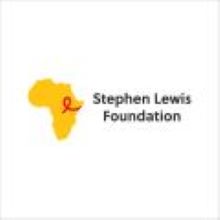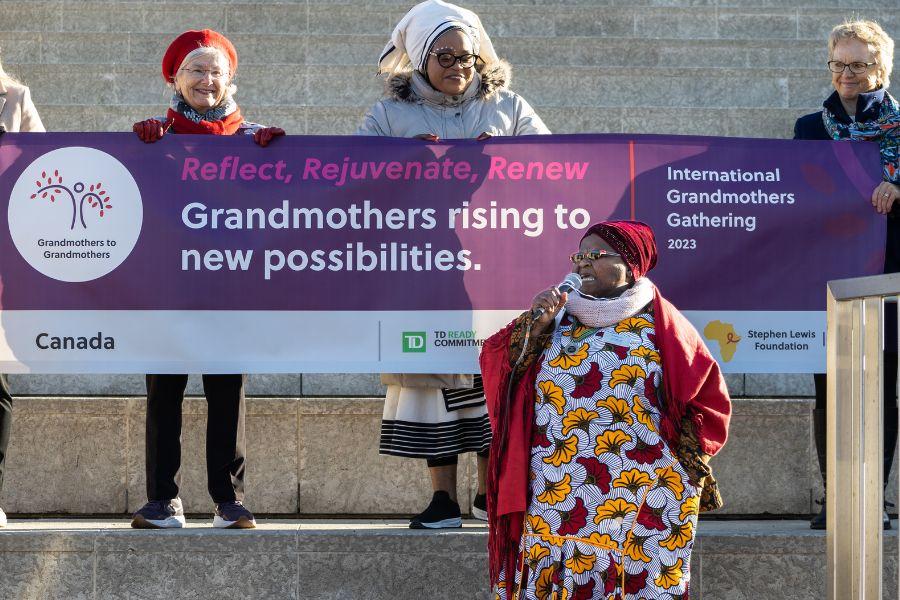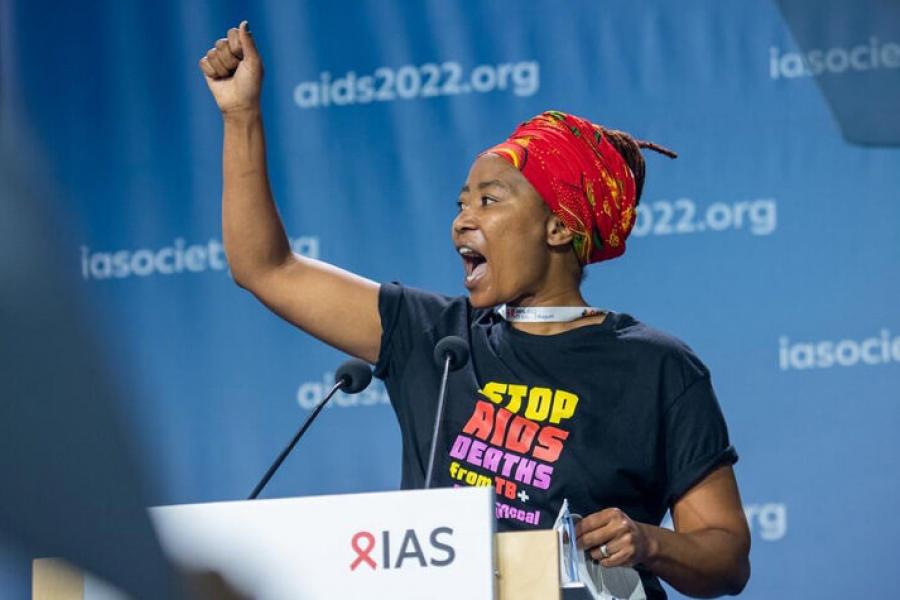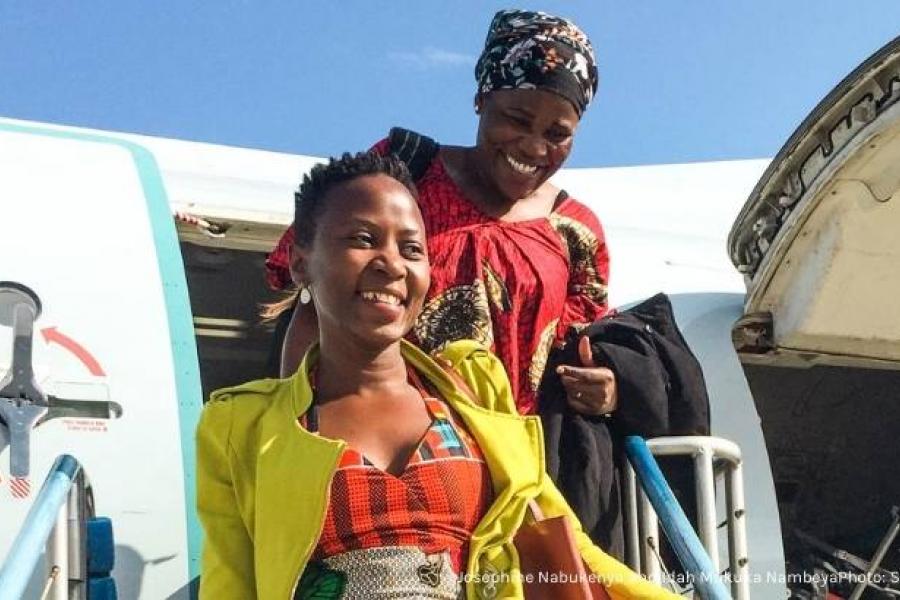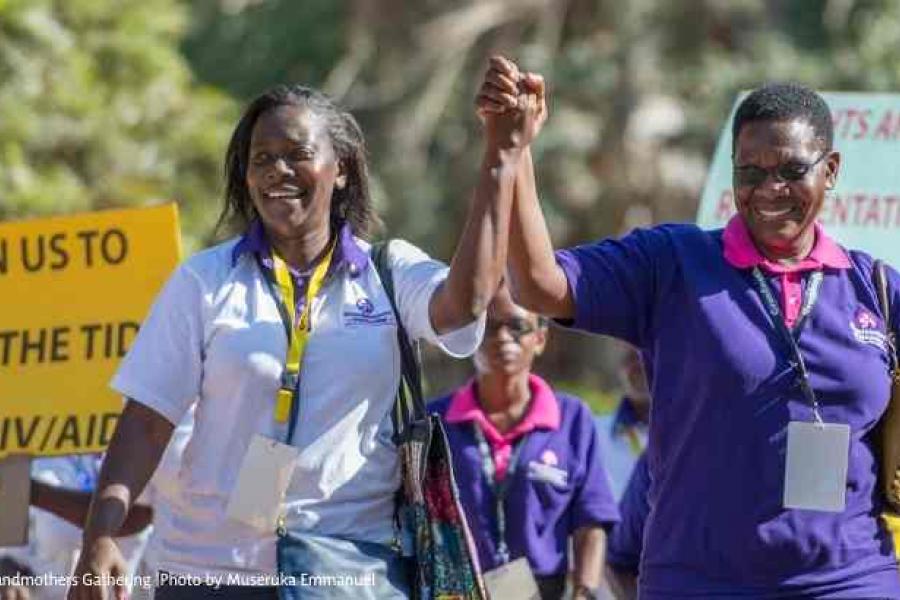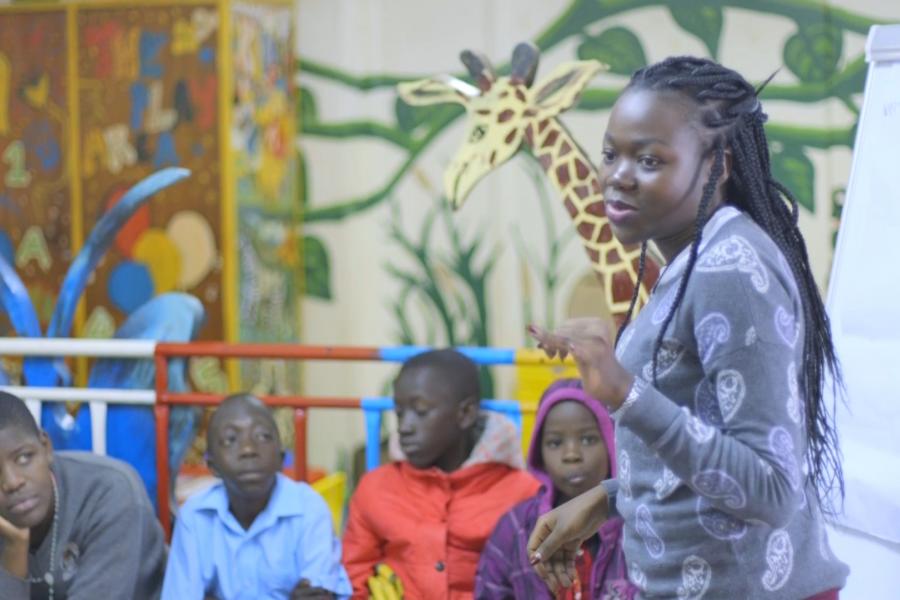Creation date: October 28, 2011
Thanks to our supporters
ON
MB
MB
NS
BC
BC
AB
AB
AB
BC
AB
About
Since 2006, your generously donated points have supported our partners’ life-saving work.
These community-led organizations empower women and girls, grandmothers, orphaned and vulnerable children, LGBTIQ communities, and people living with HIV. We advocate for global health and philanthropic communities to engage in partnering, fundraising, and international development that shifts power to community-led organizations, and dismantles the inequalities driving the HIV epidemic.
Your donated points have brought voices of African grandmothers, women and youth and grassroots leaders to the international stage to be present, heard and counted. Points have enabled partnerships through our mentor program, sent our field representatives to visit projects, and brought together HIV leaders, advocates and activists to share their most impactful strategies. Thank you so much for making this possible!
Since 2003, the Stephen Lewis Foundation has challenged traditional power structures in international development and philanthropy by shifting resources into the hands of local communities. The HIV epidemic remains a public health emergency in Africa fuelled by racism, gender inequality, and colonialism. Committed to community-led solutions, we provide funding and allyship to local organizations who are restoring hope, reclaiming human rights, fighting injustice, and saving lives.
For more information, visit https://www.stephenlewisfoundation.org.
About
Since 2006, your generously donated points have supported our partners’ life-saving work.
These community-led organizations empower women and girls, grandmothers, orphaned and vulnerable children, LGBTIQ communities, and people living with HIV. We advocate for global health and philanthropic communities to engage in partnering, fundraising, and international development that shifts power to community-led organizations, and dismantles the inequalities driving the HIV epidemic.
Your donated points have brought voices of African grandmothers, women and youth and grassroots leaders to the international stage to be present, heard and counted. Points have enabled partnerships through our mentor program, sent our field representatives to visit projects, and brought together HIV leaders, advocates and activists to share their most impactful strategies. Thank you so much for making this possible!
Since 2003, the Stephen Lewis Foundation has challenged traditional power structures in international development and philanthropy by shifting resources into the hands of local communities. The HIV epidemic remains a public health emergency in Africa fuelled by racism, gender inequality, and colonialism. Committed to community-led solutions, we provide funding and allyship to local organizations who are restoring hope, reclaiming human rights, fighting injustice, and saving lives.
For more information, visit https://www.stephenlewisfoundation.org.
UN Sustainable Development Goals
-

No poverty
The SLF’s partner organizations support vulnerable members of their communities with training on livelihood projects and income-generating activities; holistic support for children to stay in school; protection of women’s right to own land; and advocacy to ensure that grandmothers’ rights are met by local and national governments. These programmes combined with holistic support for people living with HIV and effective initiatives for HIV prevention lift families out of poverty and build the community resilience that is required to end poverty on larger scales.
-

Zero hunger
The community-based organizations that the SLF partners with address hunger in their communities through a three-pronged approach. First, they provide direct food-support to children and families by offering meals at certain community programs and distributing food bundles to vulnerable families. Second, they train grandmothers and out-of-school youth in small-scale farming, livestock raising, and the planting of vegetable gardens. Third, they support the economic well-being of individuals and families through education support, vocational training, and income-generating activities.
-

Good health and well-being
Organizations working with communities to provide HIV prevention, treatment, and care know that overall health and well-being are essential to reducing the transmission of HIV and ensuring that people living with HIV are able to live long, fulfilling lives. That’s why the SLF’s partners run their own clinics and/or work with government health centres to ensure that their community members are treated for malaria and tuberculosis, STIs, and chronic health conditions. In addition, community-based organizations centre mental health and well-being in their programming, with initiatives ranging from peer support to formal counselling sessions with a trained mental health clinician.
-

Quality education
The SLF’s partners address direct barriers to school attendance by providing uniforms, supplies, and school fees for vulnerable children. In addition, their programming extends far beyond that to address the roots causes of children and youth not attending school. They work to ensure that school kids have adequate food, that adolescent and teenage girls have menstrual products, that schools are working to end stigma against children and youth living with HIV, that gender-based violence is addressed, and that families have income-generating support so they do not need their children working at home to sustain the family.
-

Gender equality
Gender inequality drives the AIDS pandemic. The SLF’s partner organizations, many of which are run by women, make gender equality a priority throughout their work. They deliver comprehensive programming to increase women’s and girls’ access to vital services while also combating the gender inequality that makes them more vulnerable in the first place. They promote gender equality through education, livelihood support, sexual and reproductive health and rights training, legal support, advocacy for grandmothers’ rights and women’s rights more broadly, gender-responsive healthcare services, work with men & boys, and leadership and vocational training.
-

Clean water and sanitation
Clean water and sanitation are essential to health and well-being, including HIV prevention and HIV treatment adherence. Ensuring access to clean water, addressing sanitation concerns, and promoting hygiene are key areas of work for the SLF’s partner organizations. These organizations utilize a variety of strategies to increase access to clean water including innovative rain-water harvesting devices, wells, and water processing plants. They promote sanitation through ventilated, improved pit latrines, and they offer training, soap, toothpaste, and menstrual products to promote hygiene.
-

Decent work and economic growth
The community-based organizations with whom the SLF partners promote decent work and economic growth through direct training and support and through laying the foundation for the next generation of workers. The SLF’s partners train community members, especially women, on income-generating activities; support small-scale farming and livestock ventures; and organize community savings and loans groups that allow members to start up small businesses. At the same time, they support youth to pursue higher education, apprenticeships, vocational training, career guidance, and life skills training. Finally, they work to ensure that all children have access to education and to address the gender inequities that often prevent women from having equal access to employment and income generation.
-

Reduced inequalities
The SLF’s work of supporting community-based organizations in sub-Saharan Africa helps to reduce global inequality. In addition, the SLF’s partners work to reduce inequality in their own communities through advocating for equal access to government health services, increasing access to education, providing human rights trainings, raising awareness about gender equality, empowering youth and older persons, promoting LGBTQ rights, and supporting disadvantaged community members with income-generating activities.
-

Partnerships for the goals
Partnership is key for the SLF. We use a partnership model in all of our work with the community-based organizations we support – making sure that their expertise, goals, needs and input are driving the conversation and the funding agreements. Those community-based organizations, in turn, have built vital partnerships in their communities with health centres, government, other NGOs etc. Doing so, allows them to ensure that members of their community get truly holistic support to address their needs. Finally, the SLF works to support partnerships and peer learning between the community-based organizations we support so they can learn from one another and increase the effectiveness of their work.
News and updates
Grandmother activists came together across 11 countries for the International Grandmothers Gathering (IGG) in October 2023.In sub-Saharan Africa, and around the world, grandmothers and grandothers are leading social justice movements and playing integral roles in their communities.Gathering...
Read moreIn July 2022, Stephen Lewis Foundation staff travelled to the 24th International AIDS Conference in Montreal using Aeroplan points. We gathered with HIV activists, funders, and decision makers, and supported important HIV advocacy.The SLF and Funders Concerned About AIDS (FCAA) convened...
Read moreAs the world emerges and learns from the COVID-19 pandemic, it is more important than ever to hear from SLF partners who have the experience and expertise in responding to HIV and AIDS. A recent report by UNAIDS calls for community-led responses to pandemics. When public health systems...
Read moreThe impact of your donated points is expansive and long-term. A direct outcome of the Uganda Grandmothers Gathering – made possible using donated Aeroplan points – is the Grandmothers’ Consortium. Formed by six grassroots organizations working with grandmothers to create a platform to advocate...
Read moreRuth Awori, a youth leader at MUJHU's Young Generation Alive, a Stephen Lewis Foundation partner in Uganda, travelled to Canada using Aeroplan points. While in Toronto, she raised awareness about community-based responses to HIV and AIDS, and the impact of youth leadership on national radio and...
Read moreThanks to our supporters
ON
MB
MB
NS
BC
BC
AB
AB
AB
BC
AB

